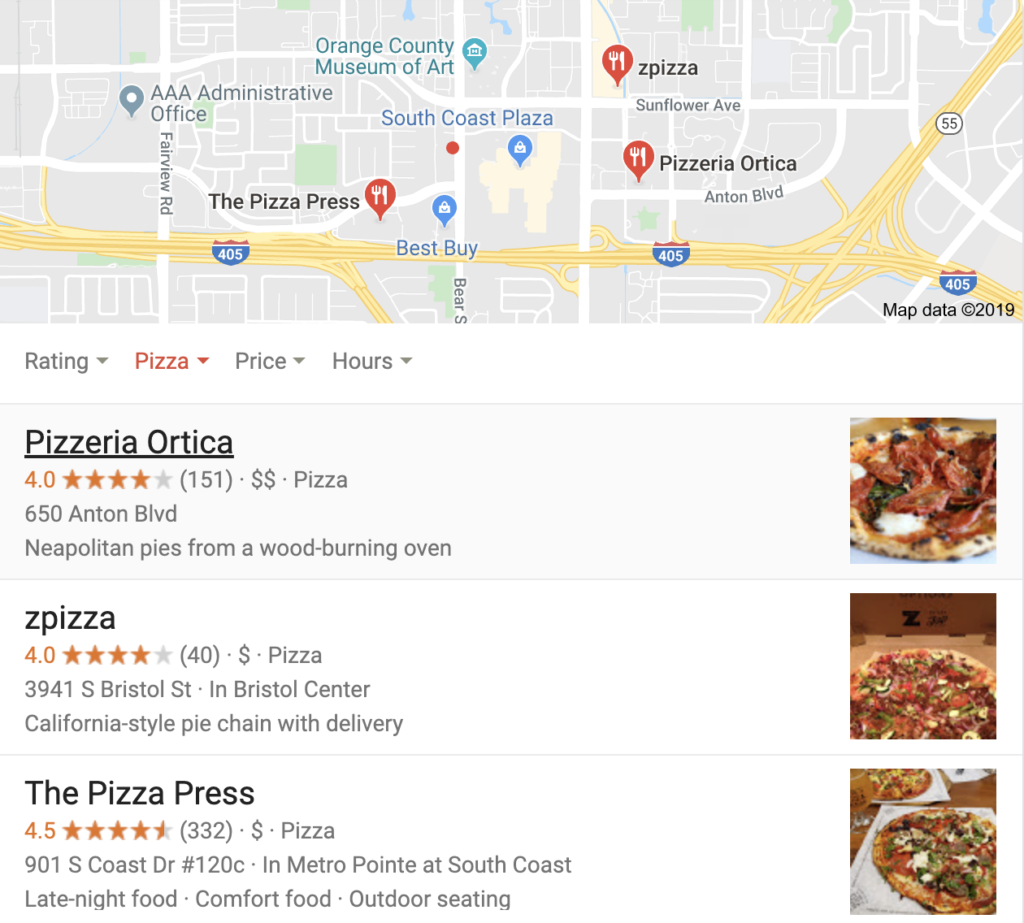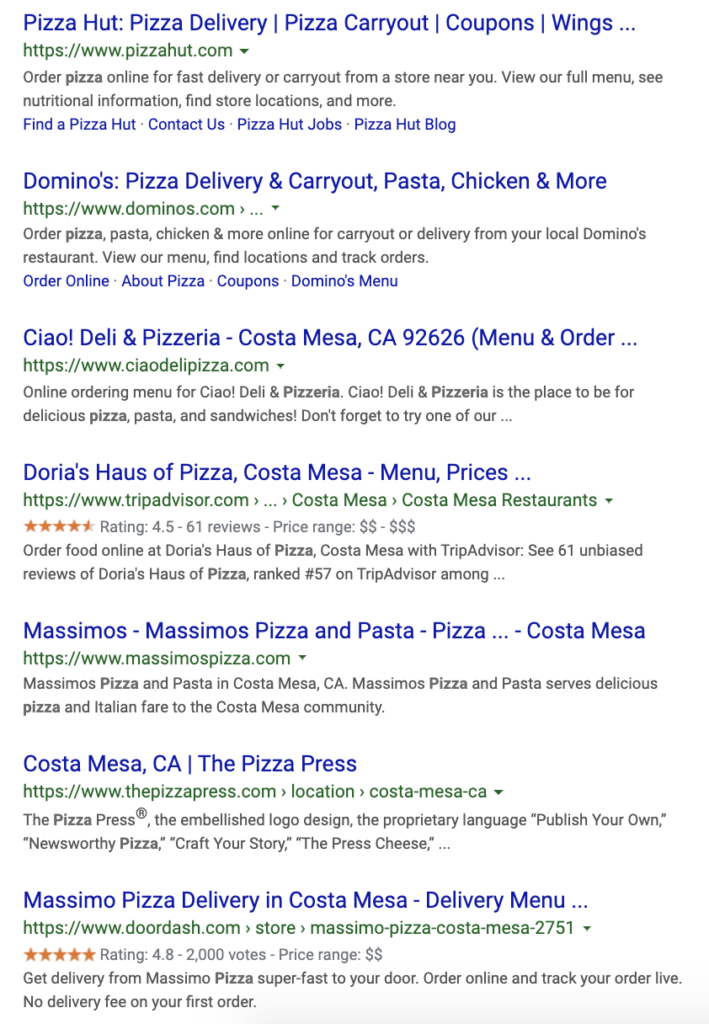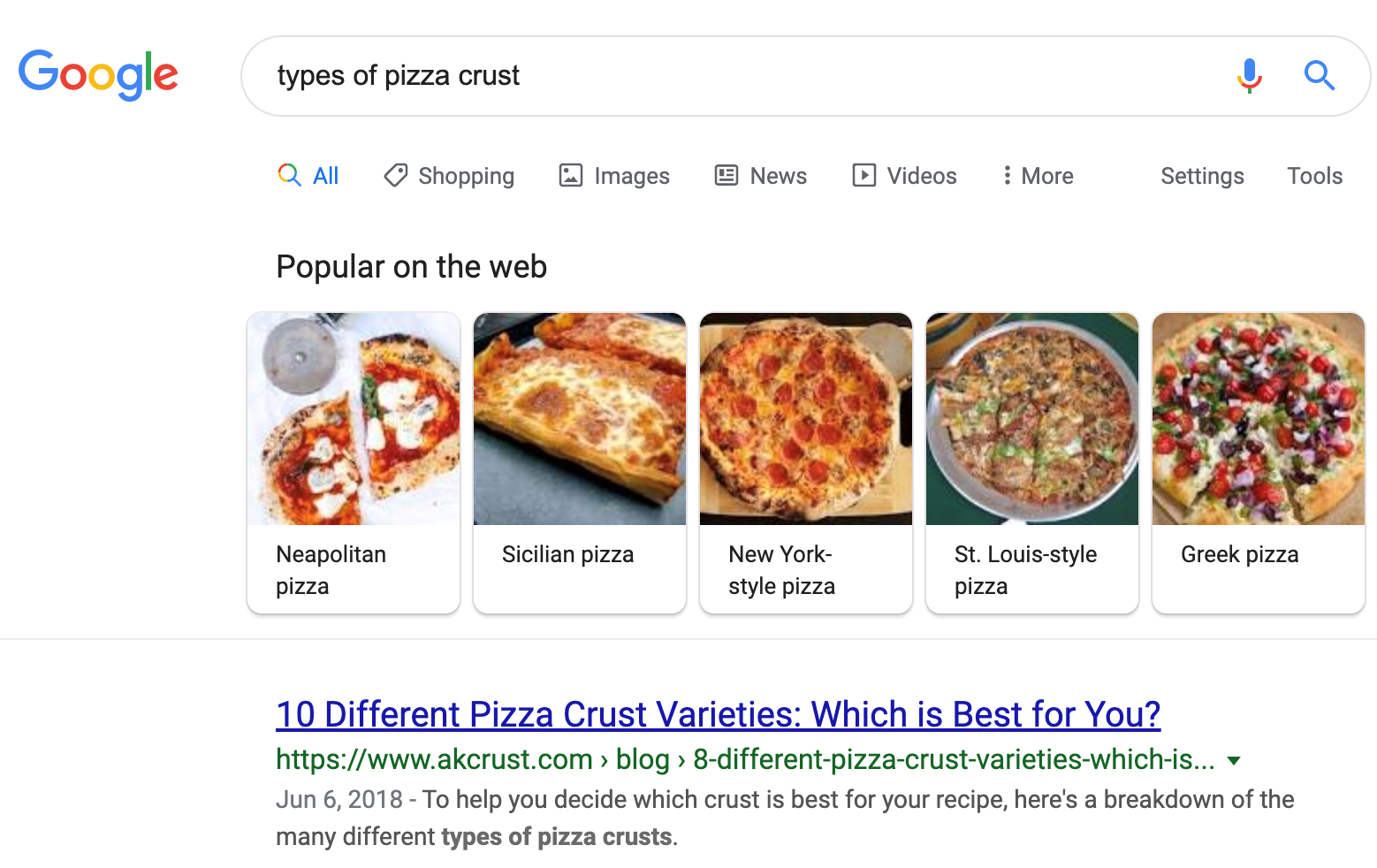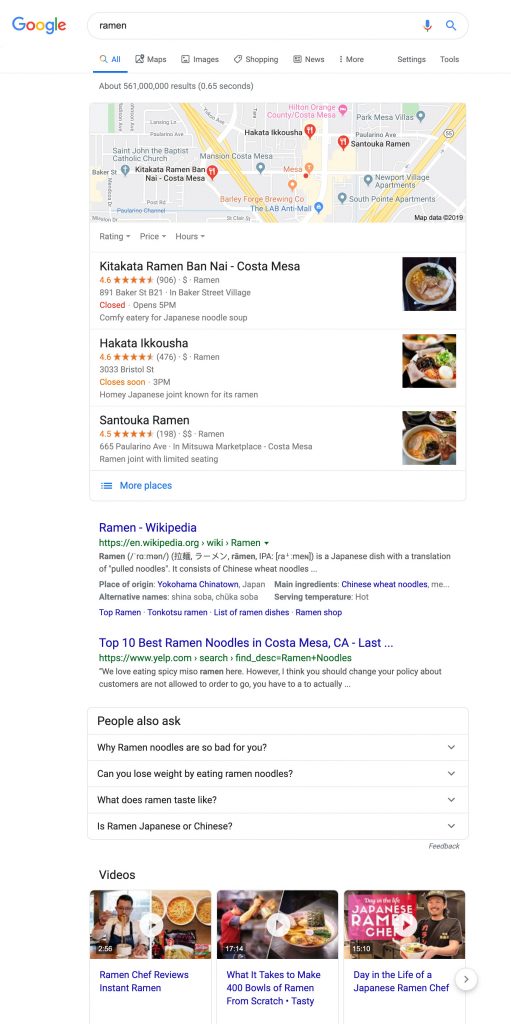
 Geographic SEO strategies that will help your local business rank better for local business searches on Google
Geographic SEO strategies that will help your local business rank better for local business searches on Google
To this day, SEO is still a medium of marketing that most businesses know they want or have started, but still don’t know exactly what is even going on. They just know they have keywords they are trying to rank for.
However there are different contexts of SEO strategies and understanding these contexts will help you formulate a successful SEO strategy.
Today we will be specifically talking about one of the dominant factors of SEO which is geographic based. This is because when people run a search query, the search engine, aiming to deliver the most relevant results, takes into consideration where on the globe the person is. In the end, it will show results that are related to the searcher location. Geographic SEO factors are critical if you want your site to be considered relevant.
Geographic SEO
Google search lives in a digital word, devoid of any physical limitations, however it does not completely ignore the realities of distance and locality. Actually, Google heavily orients its search to provide answers and resources for users that are close and local to them.
Most searches can be categorized into three buckets.
Local results
Local results are results that Google specifically focuses search results on the proximity to the searcher. If you have ever googled a search query with “near me” or a city appended to the back, then you have done a local search.
Local searches are a powerful battleground for exposure. The reason is because Google will heavily weight search results to businesses that are actually in close proximity to the searcher.
A good tell on whether or not the search is local is if the search returns the Google Map Pack.

If you see a Google map pack, then you can be pretty sure that the search is local.
However to be absolutely sure, look through the search results that appear. If they show websites of local businesses, then you know Google is treating the search as local.

What this means is that no matter how strong a business is, is if they don’t have a local presence they cannot compete. This is important because for businesses that compete in the local area, it creates a much more playable, fair game.
Local SEO strategies make sense if your business directly serves a local market or if Google automatically treats your vertical as a local search. A good example is “SEO companies”.
SEO is something that can arguably be done anywhere in the world, but Google treats it as a local search, therefore whoever wants to rank for that needs to fight in all the different cities to attain it.
Non-Local results
Non-local results are what they sound like. They don’t have any local influence to their searches. These often come in the form of informational searches. Informational searches in this sense mean when someone wants to gather information about a certain topic.
Because these searches don’t have any local influences, they have a much wider audience. Ranking on one of these searches can get you seen across the country.
A good tell on these is if the search results come from blogs, news organizations and larger sites. To tell, click on the search results, if you can’t find any relation to your local area then it will probably be an informational search.

 Though it’s not always the case, but personally, if I see Wikipedia, it gives a strong signal the search is informational.
Though it’s not always the case, but personally, if I see Wikipedia, it gives a strong signal the search is informational.
Saying that, the search terms are much more competitive. You are not competing in your local area, but now competing with businesses and websites from all over. This is where companies with the bigger budgets and larger resources have an advantage.
It doesn’t mean that ranking for these informational searches is impossible, it just means that these searches won’t be as easy to attain.
Hybrid Results
And of course, Google doesn’t make anything simple. There are searches that are a hybrid version of the two. Google will create searches that are half local and half informational (non-local).
They do this in order to provide a variety of options for their users who may or may not be looking for something local.
A good way to tell if a search is a hybrid is seeing signs of local and non-local in the search results. The google search “Ramen” is a great example of a hybrid search. The search will return local ramen restaurants, while mixing in a wikipedia result at the top on what ramen is.
If you go farther down, you’ll see articles and even an article from Japan-Guide that talks about what Ramen is and what to expect if you were to go to Japan.
To see the entire search result you can use this link.
You can tell from the results that it’s a hybrid of local. There are local results, there are non local results.
Deciding what Strategy to Take
Now that we know a little about geographic considerations for Google searches, the big question is what strategy to take.
At the end of the day it comes down to what type of business you operate in and what resources you have.
When working with clients, the factors that we use are:
- Level of Competition
- What are your resources
- How much time do you have
If the keywords we are looking at are mostly non-local, but the website and business is a small business with limited marketing resources, we may need to turn to a more local strategy if that is an option.
For those more advanced in SEO, we would look at the following factors to determine the competition.
- Keyword Difficulty
- Domain Authority/Rating of Competing Websites
- Referring Domains/Backlinks of Competing Websites
- Content Levels of Competing Websites
Do the Keyword Tests
The key to choosing keywords that will fit your local or non-local strategy is to test the keywords. That means go and type in the keyword and see what search results come up. There are a lot of free and cool tools out there that can provide data visualizations and data upon data. However, nothing beats googling something yourself and seeing how the search results comes up.
Jason Khoo
Latest posts by Jason Khoo (see all)
- The Best Online Marketing Habit to Develop for Your Business - March 11, 2020
- How to Plan Your SEO Strategy based On Geographic Factors - December 27, 2019
- 3 Make or Break Factors When Hiring a Web Designer or Firm - December 18, 2015
- 3 Easy Ways to Ensure Your Marketing Dollars Work - December 8, 2015
- The 10 SEO Terms Small Business Owners Should Know - October 29, 2015
